Taking time out & self-care – more than increasing well-being

This is how you can easily achieve a better quality of life and health
Here a meeting, there a spontaneous project and there the early deadline for the long-standing customer – stress in everyday working life can hardly be avoided and is simply part of life for most People. That’s why small breaks in everyday life, but also longer breaks from work are so important – that’s also what the head of the institution Farid Zitoun and Christian Rüger from the Bottrop Natural Healing Centre think:
As a self-employed entrepreneur, there is one statement in particular that I come across again and again: “Self-employed means self and constantly”. Not only from my private environment, but also from some customers I hear this sentence amazingly regularly. Despite this, and perhaps because of it, I have turned my back on this statement. It wasn’t until this summer that I learned how important time off is. Without time off, my productivity and creativity, and ultimately my enjoyment of my work, diminish. As I learned in conversation with Farid Zitoun and Christian Rüger, alternative practitioners at the Bottrop facility for alternative medicine, I am far from the only one who feels this way. At the naturopathic centre, too, they repeatedly experience People who feel stressed and wish they had more time out. And yet we always fall back into old patterns, subject ourselves to stress and forget to take time for ourselves. Yet there are so many ways to take care of ourselves.
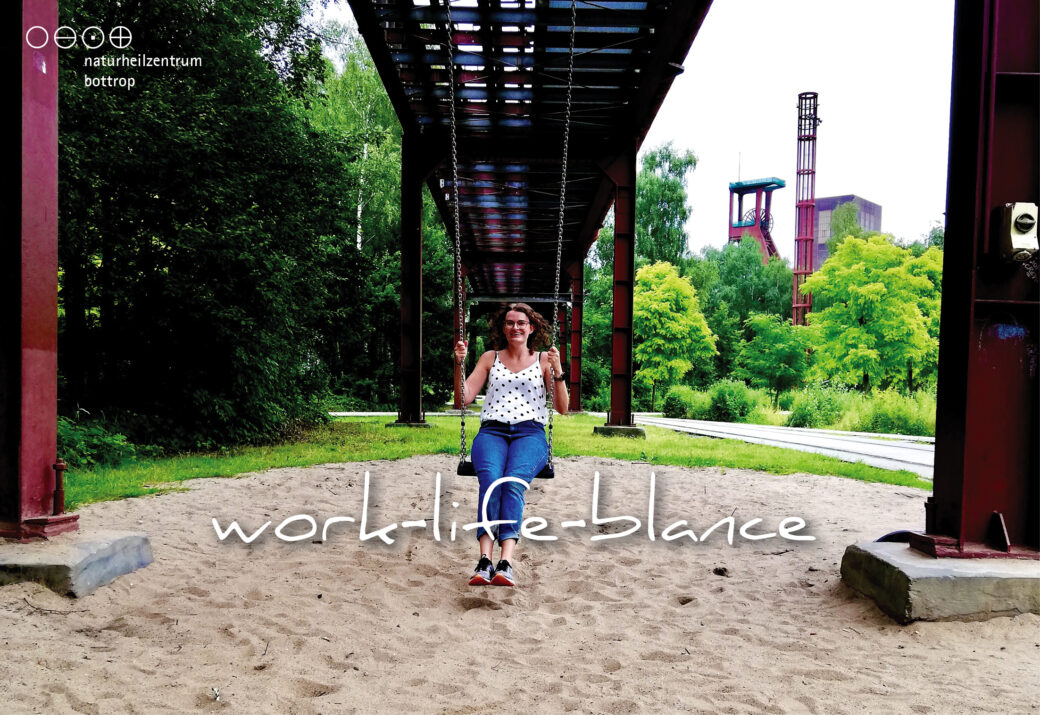
What does “taking some time off” actually mean?
Everyone’s definition of “taking time off” is unique. For some, even coffee at lunchtime is a time out, for others it’s the demanding sports session after work, and for still others it’s the annual holiday with the family. As you can see, it is difficult to define time off in concrete terms. However, each individual definition has one thing in common: the feeling it triggers, the relaxation or even the opportunity to simply clear your head – do something good for yourself. Depending on how stressed we are and what we crave, different types of downtime can enrich our professional and Personal lives.
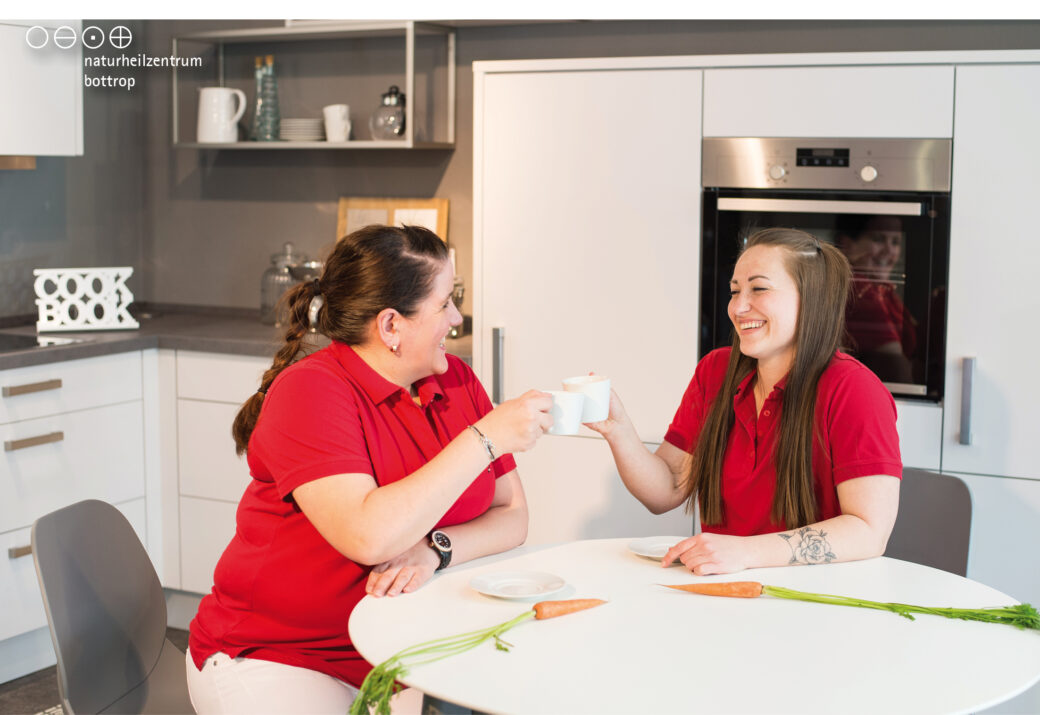
The short-term time-out using the bathtub as an example
Who doesn’t know them – the stressful phases at work, when one deadline chases the next and something just keeps coming up when you want to take a well-deserved break. Especially when stress is not permanent, but only occurs in phases, very conscious, shorter time-outs can be helpful. This can be the often recommended evening in the bathtub with the soothing scent of essential oils in the nose, but also the extensive walk around the lake nearby. Anything that clears the mind is suitable for this type of self-care.
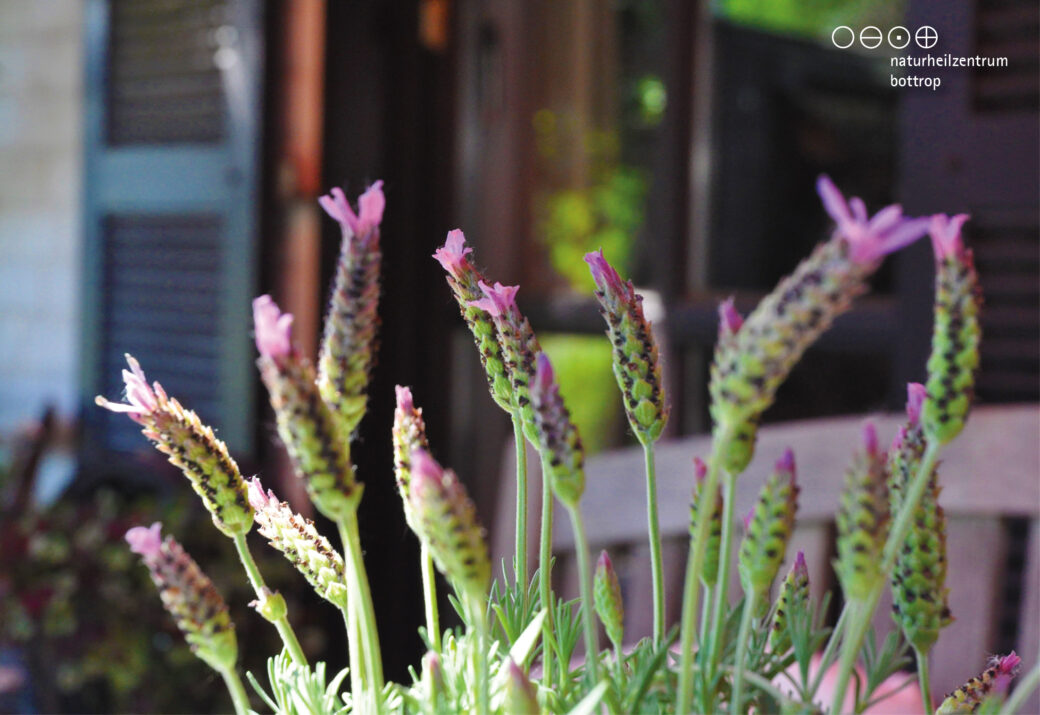
For this, the two Bottrop health experts have a great recipe tip from their natural healing practice:
For a full bath, simply mix 5 drops of lavender oil (absolutely natural and preferably organic) with some vegetable oil and add to the bathtub directly before bathing. The essential oil helps to calm the senses and the body.
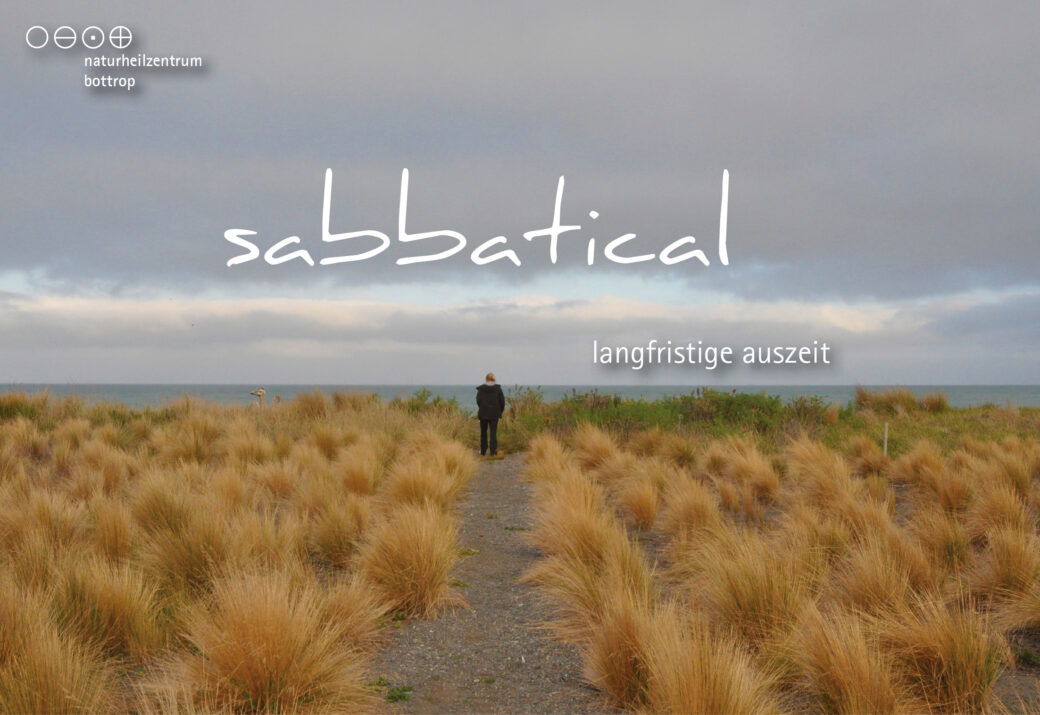
The Long-Term Time Off – A Sabbatical
Sometimes stress can’t simply be compensated for with an evening in the bathtub or an extensive exercise session. Especially People who are exposed to high stress levels over a long-term period – for example, because they have a lot of responsibility as an executive or treat many patients in their practice – want longer-term time off. A sabbatical, also called a sabbatical year, can provide such a long-term break from everyday life, from work, and especially from stress. A sabbatical is often used for travel, continuing education, self-discovery, or physical and mental health – spending 6 months traveling the world reminds People again why they do what they do. The tangible benefits of a sabbatical have been studied: 4 out of 5 respondents were happier after their sabbatical, two-thirds were less stressed and had more energy.
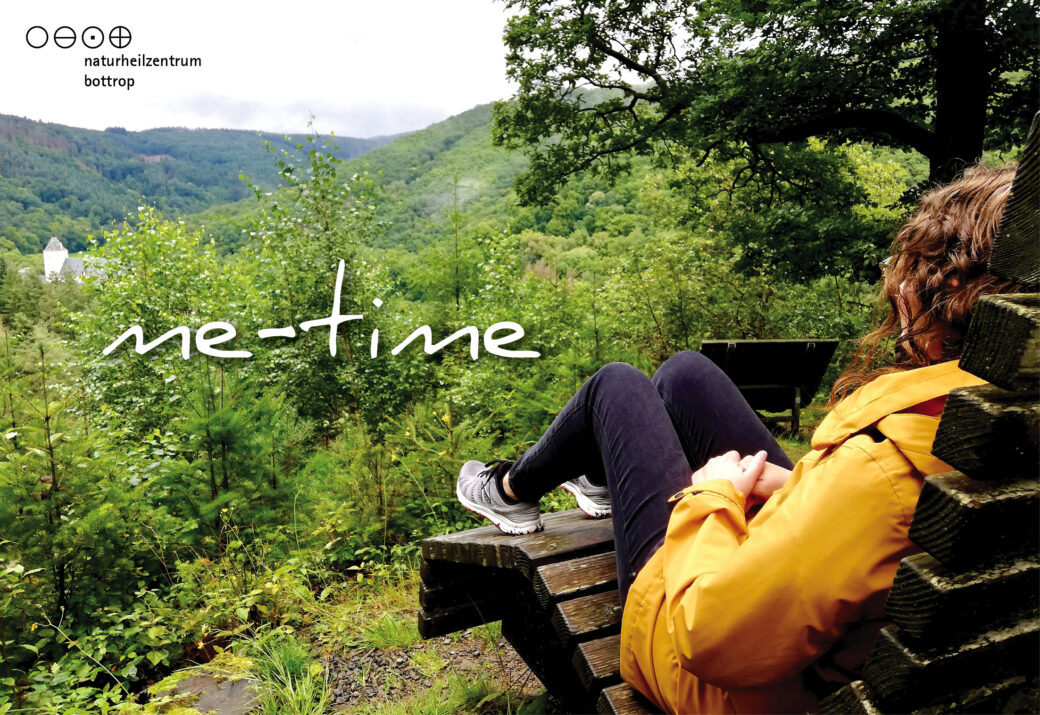
The sustainable sabbatical – meditation & mindfulness
If you don’t want to plan a sabbatical right away, you can take a different approach to more self-care in your everyday life: Meditation and Mindfulness. This is less about expecting spiritual insights and becoming a Zen master – meditation also has nothing to do with tarot cards, although many prejudices in this direction persist. Rather, meditation provides conscious moments in which we ask ourselves how we are doing and how we feel. The health benefits of meditation have even been scientifically proven: Not only can it reduce stress levels, it can even reduce the risk of going blind. Exercises for more mindfulness in everyday life also ensure that we can better assess our stress and take timely action to counteract or at least compensate for it.
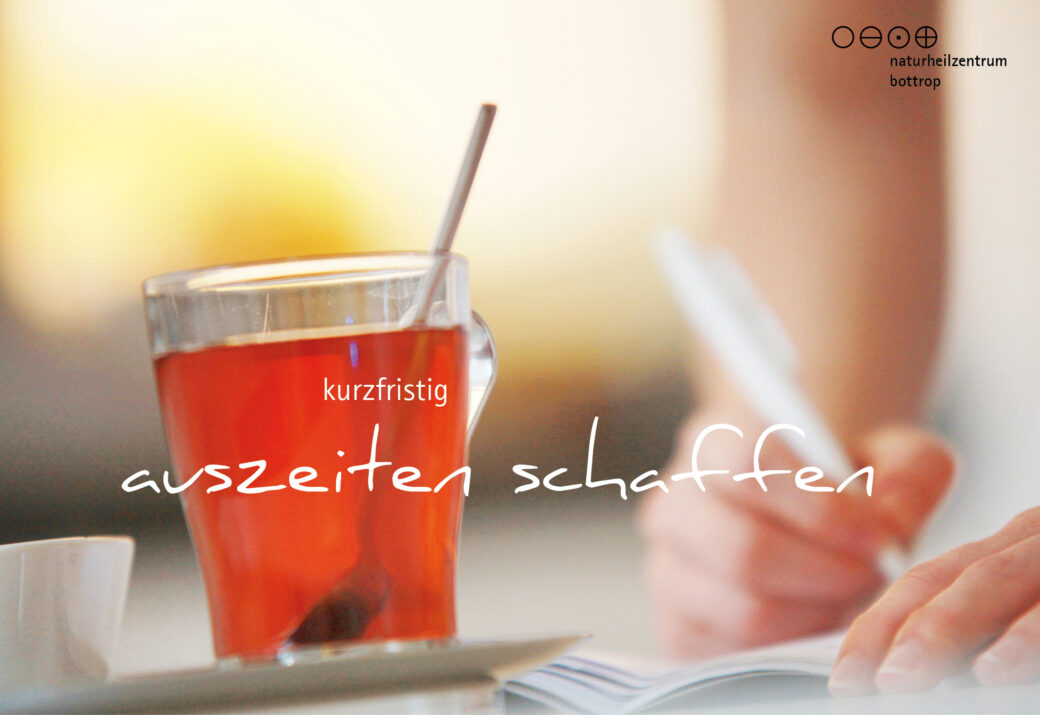
Feeling like taking some time off? You’re like so many others!
Maybe you’re reading this and you’re feeling the need for an evening in the bathtub or a longer-term sabbatical. In doing so, you’re like many others. According to a study conducted by the XING platform in 2017, a sabbatical sounds interesting to one in five working People, and one in ten have even taken a longer sabbatical. At first glance, this figure may not look particularly high. However, the increase within the last few years is significant: in 2008, according to Leadership Insiders, hardly anyone was interested in taking a longer-term sabbatical, at 3%. If we now look at the stressful last few years, the number of People interested today will surely be even higher. Instead of a number, however, what I see in these studies is one thing: People who are stressed. Stressed by their jobs, stressed by their daily lives, stressed by their lives. All the more important, in my view, are conscious time-outs.

My 3 very Personal tips for small time-outs in stressful everyday life
Last summer I learned involuntarily how important time-outs are and what stress can do to us Humans. I’ve since realized: I overreached and allowed too much stress into my daily life. All of a sudden, my self-employment translated as self and all the time after all – and I didn’t notice it at first. It was only when I lacked motivation and felt hounded only by deadlines that my alarm bells began to ring. At the Bottrop Institution for Naturopathy, stress is an important topic. Especially when it comes to a holistic approach. Lifestyle bloggers and YouTubers Farid Zitoun and Christian Rüger even dedicated one of their inspiring YouTube videos to this important topic for their subscribers at Nabo: Can stress make you sick? Letting go for health!
I have since come to terms with the issue, reacquainting myself and figuring out when I need a break. For me, this break doesn’t have to be a trip around the world; rather, it’s about consciously experiencing it.
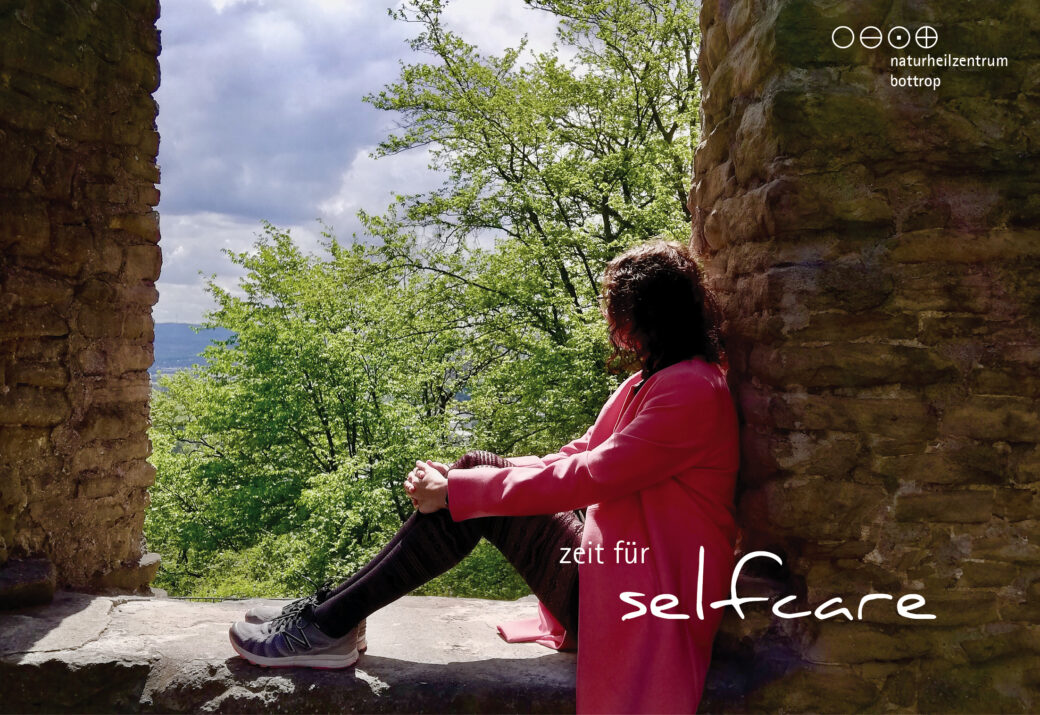
1. Prioritize – Make Time for Selfcare
First and foremost, I’ve learned to prioritize. Most clients don’t have a problem if their mail is answered the next morning or if a little urgent text in a stressful phase comes a few days later – after all, they work with me mainly for my creativity. If I’m not creative, I’m not an asset to my clients. Through mindfulness exercises and meditation, I’ve found ways to listen to myself and figure out when I need time off, and get in the habit of taking that time off when I do. Self-care has no time for one thing: deadlines.

2. Walk through the forest
This may sound like a cliché, but a walk through the woods can do wonders – it’s not just me who says this, but numerous studies. I’ve learned: for me, being quiet in nature helps me clear my head. Where others are working out, I’m happy to see the squirrel busily gathering nuts and the ducks taking their lunch break by the pond and taking a nap. Maybe it’s because it seems impossible for me to experience occupational stress in woods.
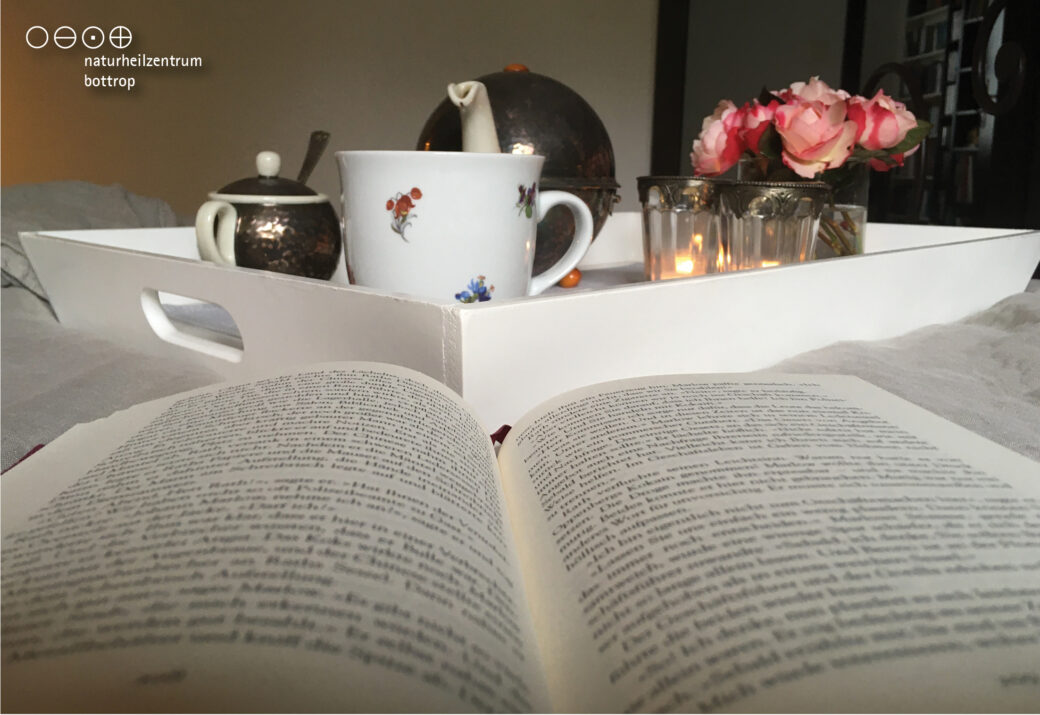
3. Candles and a book
This is probably less about the candles and more about the cozy feeling they give me as I immerse myself in a fantasy world or join the detective detective in puzzling out who killed the young woman in the park. Especially in the colder months, a book is the perfect break from the daily grind – even though I write every day myself.
Whether it’s a book, sports, or sabbatical, how do you define a time-out?
Maybe you found yourself in my tips, or maybe you thought to yourself: nobody can relax like that. Both reactions are understandable – after all, time off is different for everyone. For more tips and ideas on what you can do to take time out in your everyday life, check out Farid Zitoun and Christian Rüger. The health and lifestyle experts from the Naturheilzentrum Bottrop will help you bring nutrition, health, exercise and nature into harmony and show you concrete tips for more self-care in everyday life.
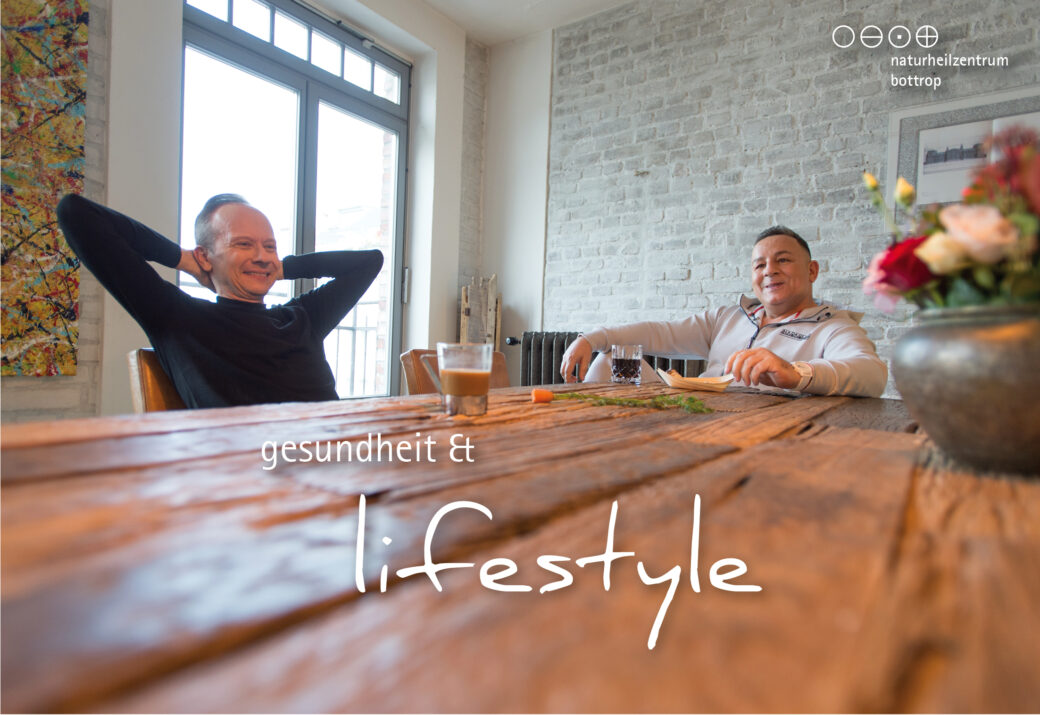
But now I am also curious and of course I would like to know from you: What does time out mean to you? What do you do to compensate for stressful days? Are you thinking about a sabbatical or maybe already in the middle of planning it? Let me know in the comments!
Yours
Carina Baumann



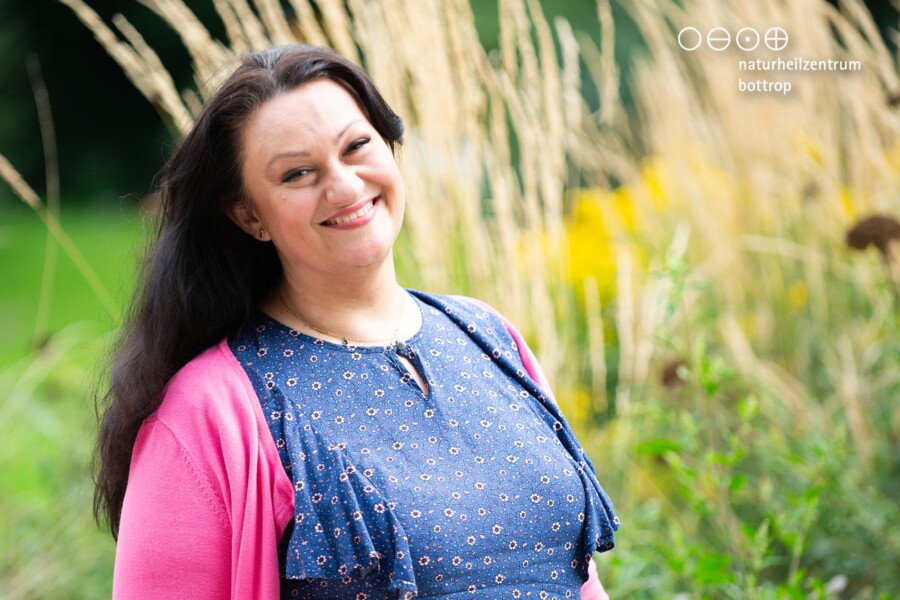

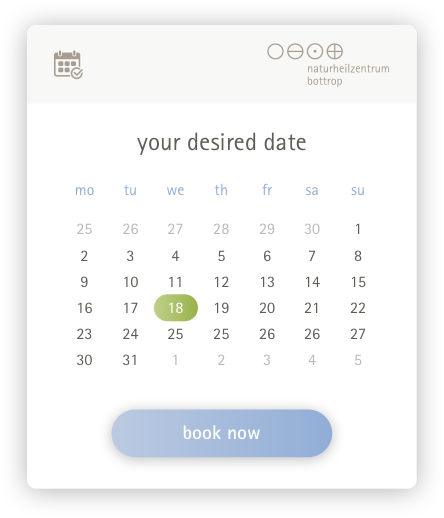


Netiquette for respectful communication
the nabo team invites you to exchange your experiences, contributions and opinions on the blog by using the comment function. this exchange should be free, open and friendly. please take care to write fairly and to stay on topic. even if you do not share the opinions expressed in others’ comments. the possibility to write comments on the blog posts is exclusively related to the topics treated within said posts. we would be glad to answer all of your specific questions related to therapies or descriptions of individual maladies or read your remarks about naturheilzentrum bottrop : simply come see us or call or write us Personally.